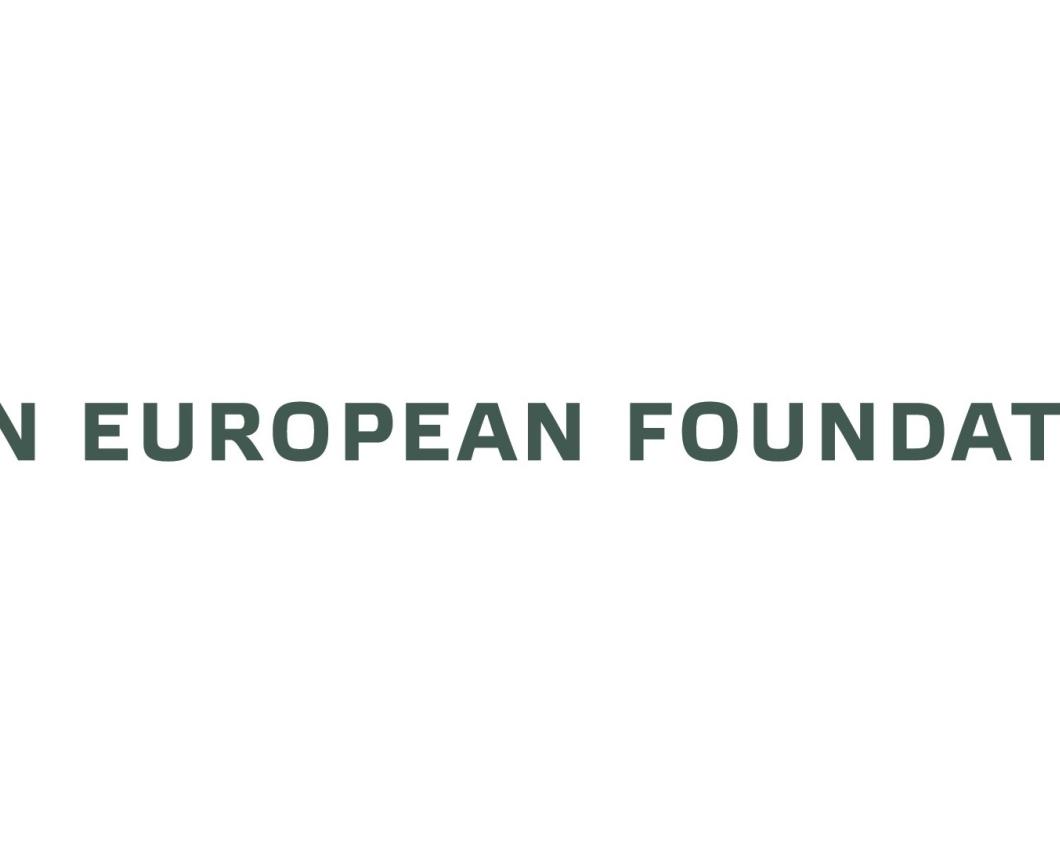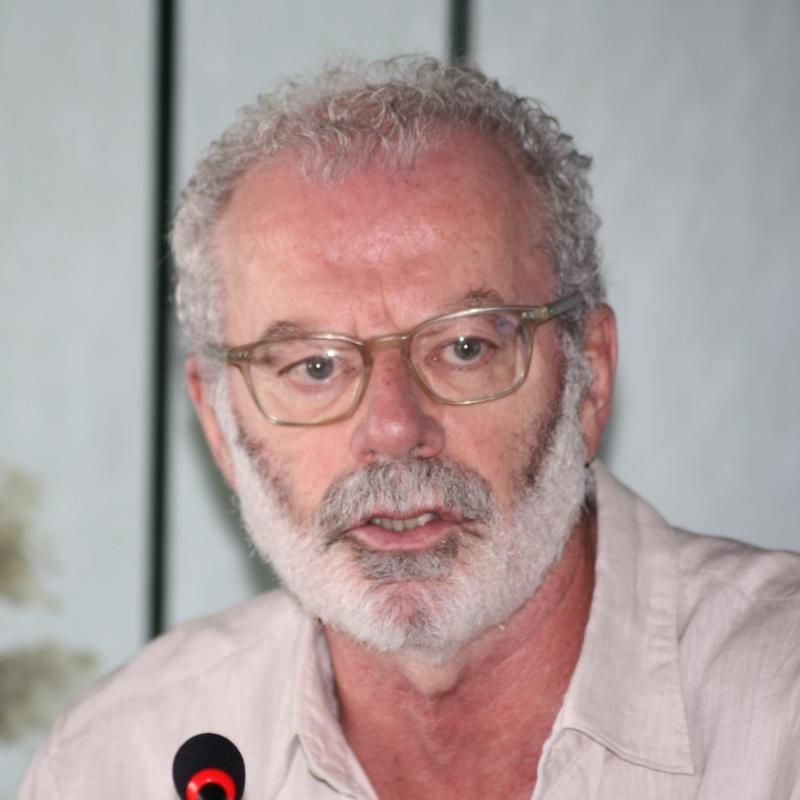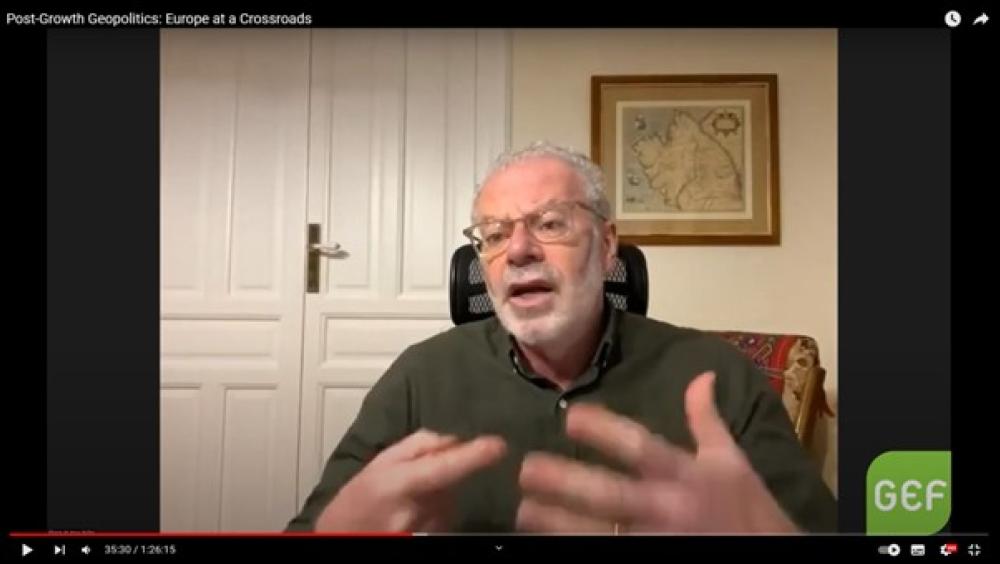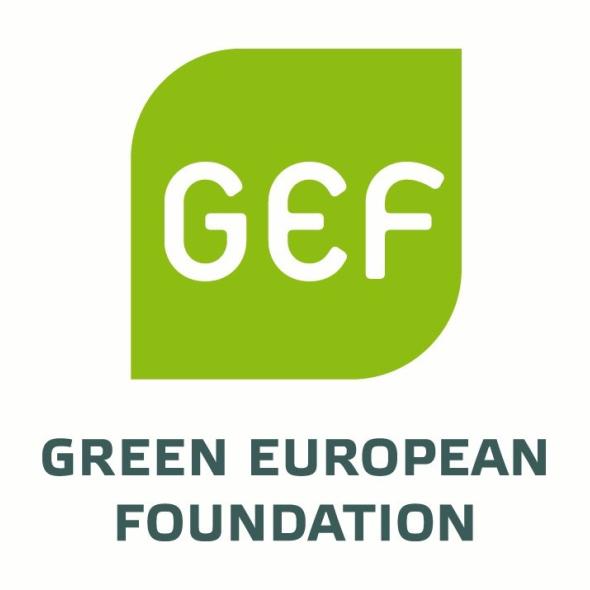[JN] “The Paris Agreement on climate change has clearly shown us how far the United Nations and other international organisations can go, an agreement that has no monitoring or sanctioning capacity and is basically a declaration of will. It goes no further and it is not foreseeable that the UN or any other international organisation is suddenly going to have more authority, certainly not in this very challenging area. If we think of national governments, it’s very difficult for me to imagine a government that is directly committed to post-growth. How do you sell it to the public? It's a bit like disarmament: either it's multilateral or there's no way that any one country will adopt it.
So my hope is clearly in organised civil society. That is where I believe there is room for manoeuvre, although it is not a short-term instrument, it's an instrument for a sustained long-term effort. The key here is academia and civil society organisations with the capacity to create a change of mentality that puts pressure on institutions.”
Without economic growth, would the EU be able to maintain its relevance in the international sphere?
[AP] “Not in the short term. As Jesús commented, if you are the first on the international scene to opt for a model that differs from the hegemonic one, in the short term you lose relevance. This is what has happened historically. But it's a different matter in the medium or long term. If the EU develops a more self-sufficient model, I would say that in the medium or long term it can gain relevance, because being less dependent on oil and gas is positive for a territory. However, this doesn't mean that there won't be geopolitical impacts. Territories that depend on exporting raw materials would seek other strategic partners outside the EU. There would be a strong reconfiguration in the international context.”
[JN] “According to Josep Borrell, the EU’s High Representative for Foreign Affairs and Security Policy, the EU is the most privileged place on the planet in terms of well-being and security, but our well-being depends on a thug like Putin, for energy, and on another thug like Xi Jinping, for consumption. To make matters worse, our security depends on the United States. Although we have common interests in many issues on the international agenda, we don’t always share the same positions and priorities. Regarding China, for example, Washington drags us into a course of action that is not beneficial to our interests. In the Sahel, it doesn’t heed our requests for cooperation to address problems that have a direct impact on our security.
Therefore, it seems that the EU's course is to correct these three dependencies – energy, manufacturing and security – if it doesn't want to be an irrelevant player in the world. This vision, far from incorporating a different model, forces the EU to compete on the same playing field as China and the US in order to be their equal. Even if I agree with Alfons, for me the problem is again one of timing because nobody is going to wait for us. Assuming that the EU takes this change of model seriously, other powers will take the lead and turn the EU into a subordinate actor along the way. Who wants to be subordinate? In principle, no one, and that makes it more difficult to reach that medium-term point where you can say: ‘Look, I have another model and it works.’”
Everything suggests that the extraction and consumption of fossil fuels will decrease significantly. On the other hand, new key players have emerged in the energy transition, such as countries that own strategic metals and those that control their processing. How will the energy transition impact geopolitics?
[JN] “The centre of gravity of world affairs is currently, and will be for decades to come, in the Indo-Pacific. There is competition between the US, which wants to maintain its hegemony, and China, which aspires to that same position of world leader. The greatest tensions will occur in this region but, obviously, they will have repercussions for the entire planet. On the other hand, there is a renewed interest in Africa. In what terms, in terms of African welfare or development? Obviously not, what we have is a competition for scarce resources with an added technological component. Right now we are in a technological race between two giants because they understand that in addition to land, naval, maritime and cybernetic competition, there is also that of space, and this requires resources. What I foresee is more competition to control these African territories, to have them on their side.
In this hegemonic economic framework, the EU is the worst endowed, without oil and gas. Only with a completely different energy model could we Europeans play a role in this story, and only with a different energy model would the problems that the Middle East has been generating for decades disappear, insofar as we wouldn't be dependent on its resources.






